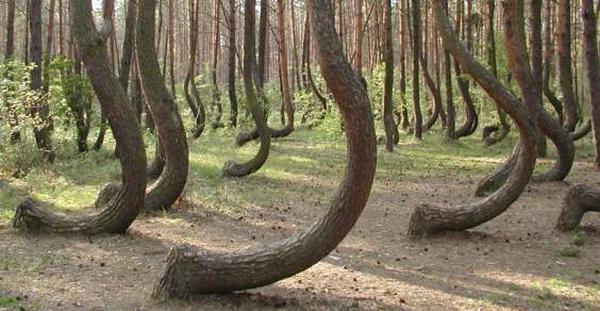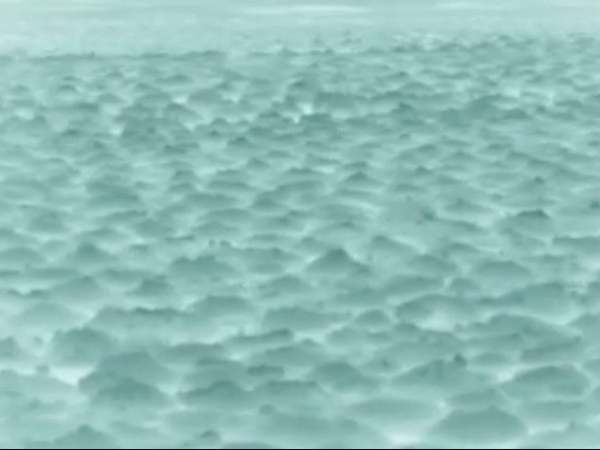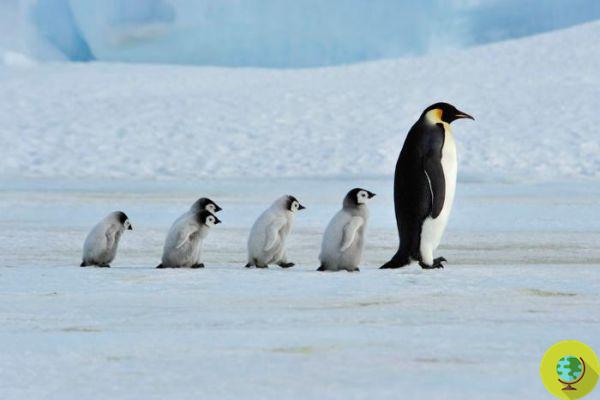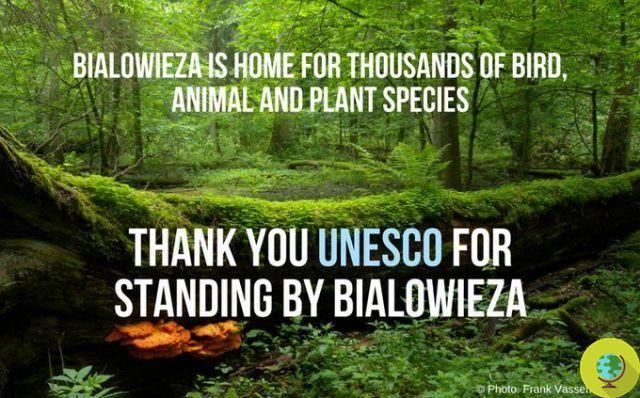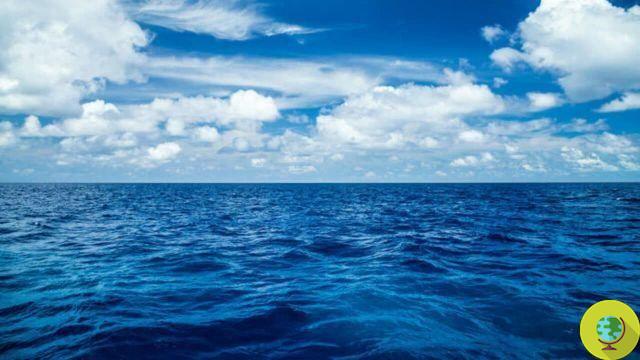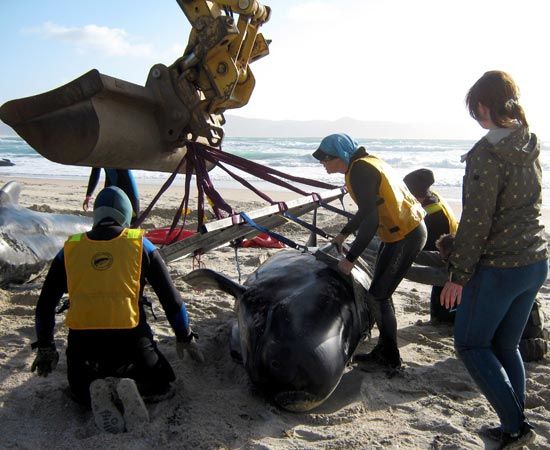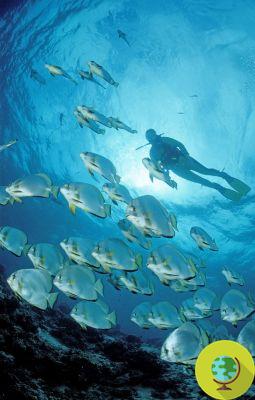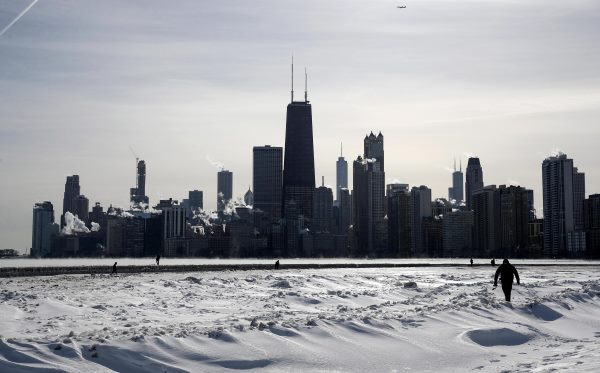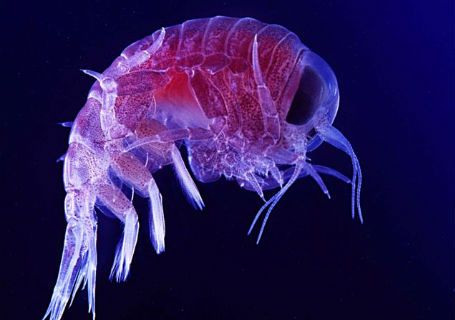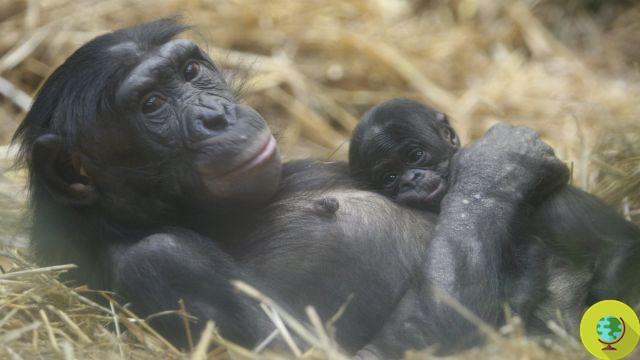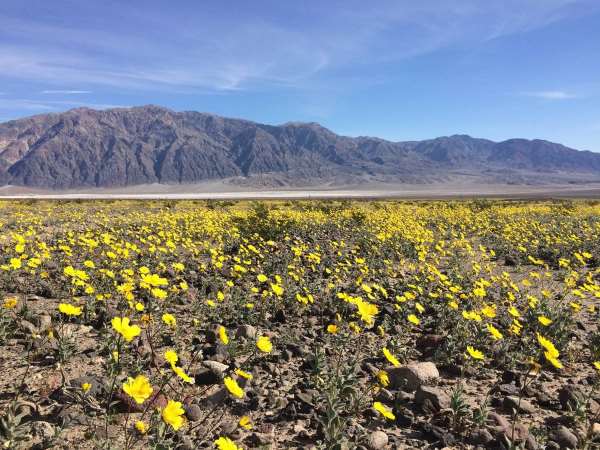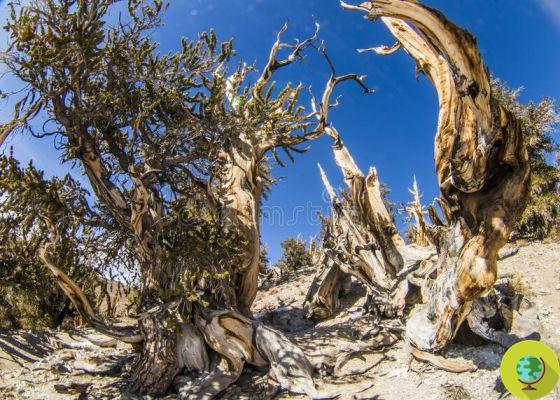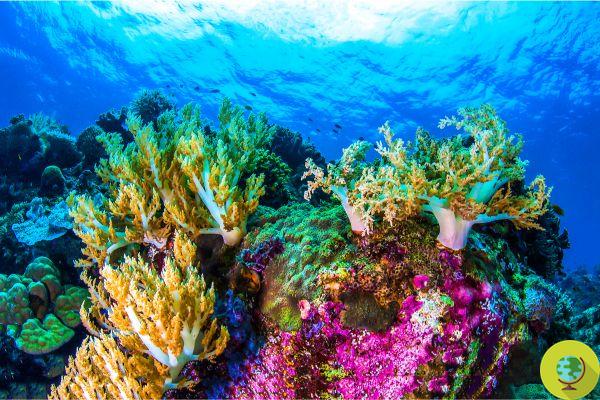
One third of the world's natural heritage sites are threatened by climate change, including the Great Barrier Reef.
He is about to end up run over, his mother saves himClimate change is currently the greatest threat to the natural heritage of humanity, so much so that according to the IUCN (International Union for Conservation of Nature) a third of the natural sites of the world heritage are threatened by climate change, including the Great Coral Reef, evaluated for the first time with a "critical" perspective.
The World Heritage Outlook 3 report published by the IUCN, in fact, downgrades the Barrier that extends for 2300 km off the northeast coast of Australia from the position of "significant concern" in 2017 to that of "critical", after its conditions they were found to be "severely threatened and in need of urgent conservation".
The Great Barrier Reef has lost more than 50% of its corals due to climate change
"Natural World Heritage Sites are among the most precious places in the world and we must protect them for future generations," said Bruno Oberle, IUCN Director General. The Iucn World Heritage Outlook 3 reveals the damage that climate change is causing on the natural heritage of humanity, from the contraction of glaciers to the bleaching of corals to increasingly frequent and severe fires and droughts. While the international community defines new objectives for the conservation of biodiversity, this report signals the urgency with which we must face together the environmental challenges on a global scale ”.
And so the report builds on previous reports from 2014 and 2017 to verify whether the conservation of the world's 252 natural world heritage sites is sufficient to protect them in the long term, plus highlights how climate change has replaced invasive species. as the main threat to the natural world heritage.
Among the 83 natural world heritage sites now threatened by climate change, there is the Great Barrier Reef, where ocean warming, acidification and extreme weather conditions have contributed to the dramatic decline of corals and, consequently, to the decrease in populations of marine species.
And not only:
- in the protected areas of the Cape Floral Region in South Africa, climate change has exacerbated the spread of invasive species
- the Pantanal conservation area in Brazil was severely damaged by the unprecedented fires of 2019-2020
- In Lake Kluane, located on a World Heritage Site in Canada and the United States, the rapidly melting Kaskawulsh glacier has altered the flow of water, impoverishing fish populations
Brazil, record fires: the Pantanal, the largest wetland in the world, burns in general silence
The IUCN Outlook, in essence, evaluates the unique characteristics that have earned the different sites the status of World Heritage Site - based on threats and good protection and management and evaluates 63% of the sites as "good" or " good with some worries ”, while 30% are of "significant concern" and 7% are "critical". Finally, it notes that 16 natural World Heritage sites have deteriorated since 2017, while only eight have improved.
Returning to the Barrier, the reclassification will likely lead to new pressures from environmental campaigns, for the Barrier to be listed as "in danger" in the near future, a first step towards a potential removal from the World Heritage List.
A step back, in short, which could be a serious blow to the tourism industry:
"Climate change, the runoff of agricultural waste, the impacts of coastal urban development and fishing, constitute the greatest threats to the long-term conservation of the Great Barrier Reef - concludes the IUCN report, which among other things highlights how the management by the federal and Queensland governments has been "extensive and innovative" but that "concerns remain and the overall threats remain significant".
The full report can be found HERE.
Source: IUCN
Read also:
- The reef has not given up, it struggles to survive. The English study
- Kenyan women who saved the coral reef with a restoration project
- Unesco removes Belize's coral reef from its endangered heritage list




